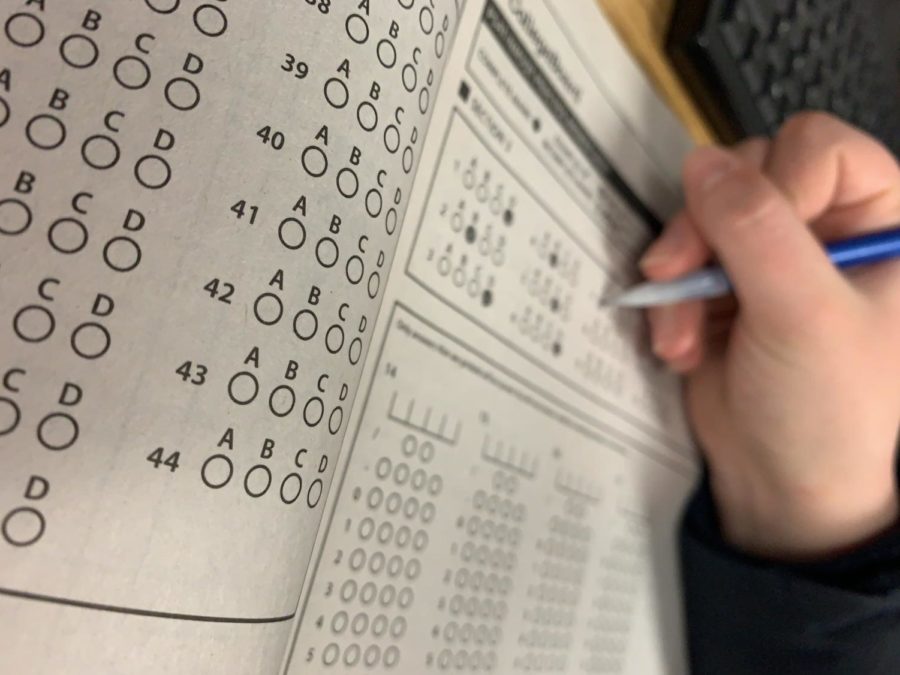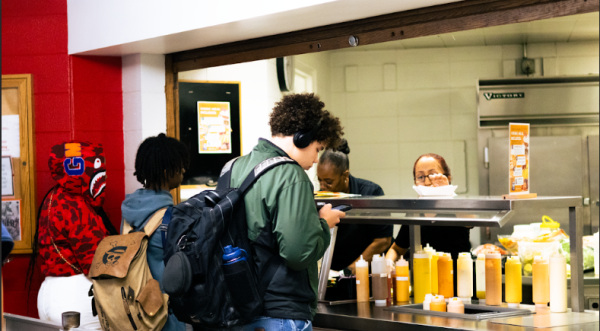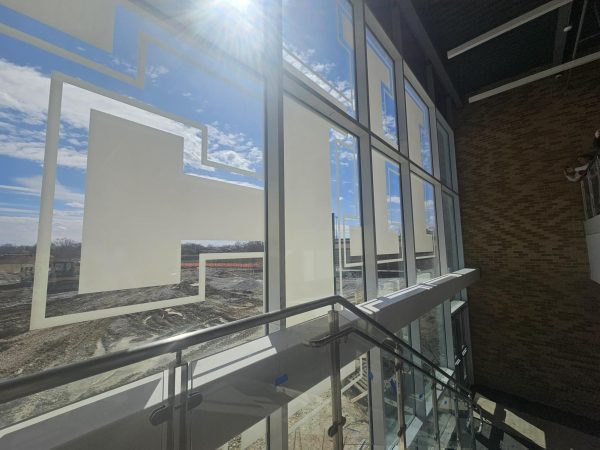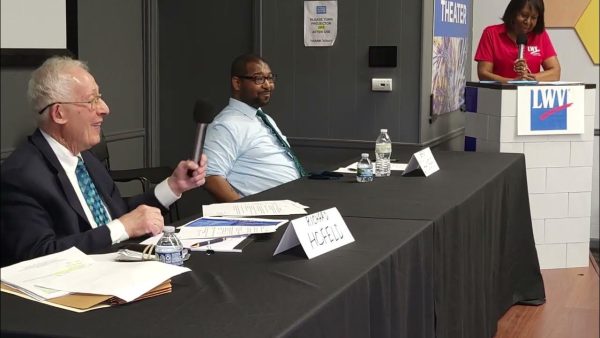SATs Are Going Virtual
What Does That Mean For H-F?
On Jan. 25th, the College Board announced that the SATs would be going virtual in 2024.
With a rapidly growing number of technology users, it was only a matter of time before College Board made the switch. Especially, since they’ve already moved the AP tests to be virtual exams.
11th graders across the country take the dreaded SATs; hours of studying, many prep classes and sky-rocketing stress levels are what the exam is known for.
The test is run by College Board; the organization which is also responsible for conducting AP tests nationwide. The SAT is graded on a 1600 point scale, with 1600 being a perfect score. The average score on the test in 2021 was 1060, which is slightly higher than the 2020 average, 1051.
There are three sections in the exam: Reading, Math and Writing and Language. On the math test, there are two portions: calculator and no calculator. The current SAT is notoriously long, running a length of three hours, all handwritten.
The transition to virtual is huge for the culture around taking the SAT. Mostly because the exam will be almost an hour shorter. This is due to smaller reading passages and the fact that students will be allowed to have their calculators for the entire math portion of the exam.
The new SATs will also be incredibly difficult to cheat on. With electronic exams, the College Board will be able to make every exam unique. This makes it extremely hard for anyone to anticipate what will be on it, and/or share the answers.
There are obvious changes, but how will this affect the nature of taking the SAT at H-F?
Most of all, this new exam is slightly deceptive. The College Board has claimed the SAT will be easier to give. At H-F, this just may not be true.
“The biggest challenge is that when there is a technology problem, sometimes the students can’t pinpoint where the problem originated from,” stated David Kush, Assessment Department Chair. “There are limited things we can do to fix that.”
Technology issues will be an extremely significant obstacle when taking the exam.
“Like for example with the AP exams, when students have had issues with their College Board accounts, they call us and we can’t help them a lot of the time.”
So, the potential of an easier exam could be extremely attractive, but the possible technology issues could disrupt the process of taking it.
At H-F, students generally have a positive approach to studying for the exam, but how could that change for the virtual rendition?
Kush stated, “I think it’ll make students more likely to study because the kind of computer practices available will more than likely resemble what they will be seeing on test day.”
Students could see this as an advantage, given that they are looking to achieve a good score.
To some students, an online SAT presents an unfair advantage for the classes that actually get to take it.
“I feel jealous because I feel like the class of 2025 won’t go through the same things as the older classes,” stated sophomore Ava Loudon.
She expresses that it’s very unfair the amount of studying and hard work previous classes will have had to put in, in order to get a good score on the SAT. Especially since now, the class of 2025 and beyond will have an easier go at it.
“The hard work my class will have to put in to get a good score won’t be as necessary anymore,” she stated.
Loudon’s concerns are definitely something to consider.
Overall, the benefits of a virtual exam are extremely promising; Making the SAT more accessible.
For more information on this year’s SATs visit the Assessment Office in Lower G.






